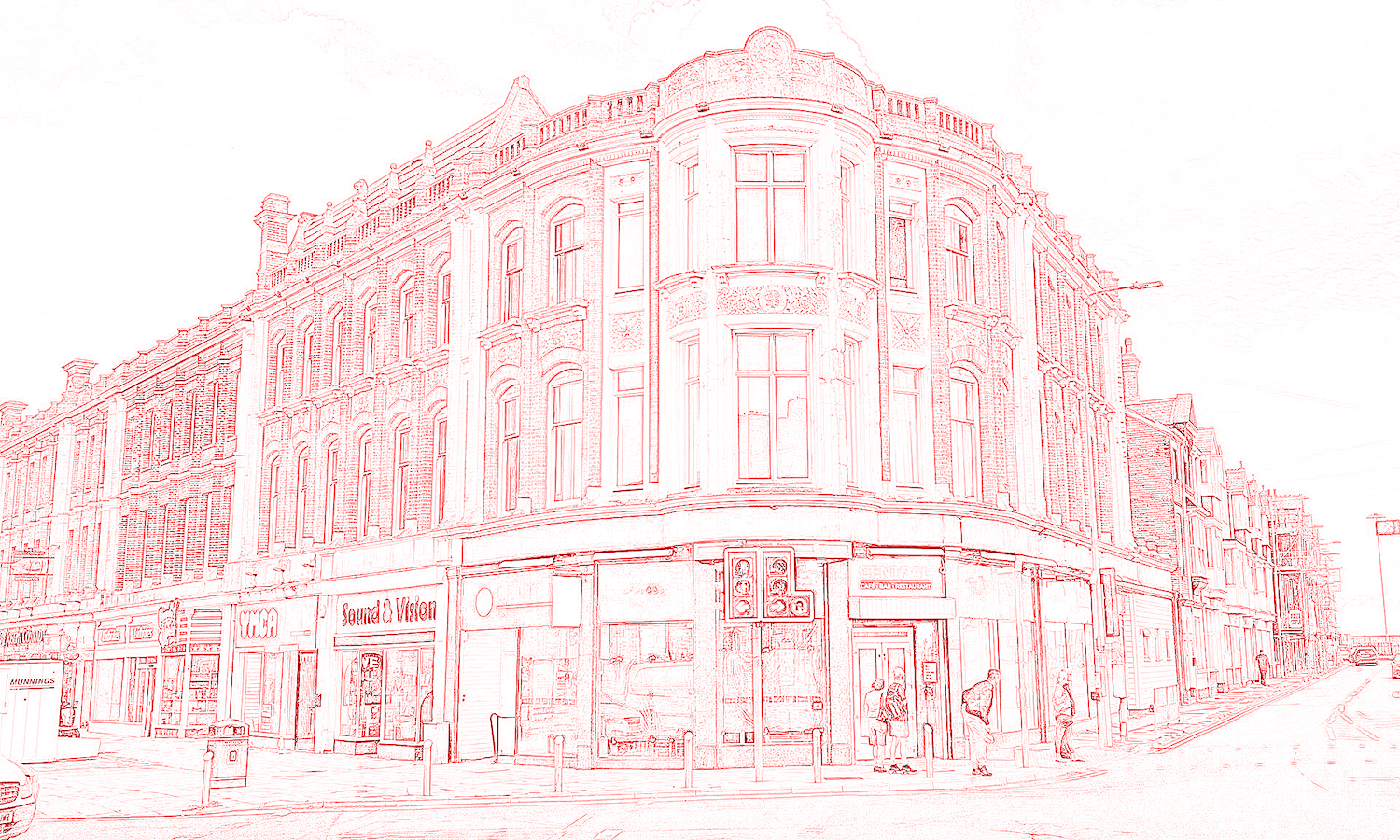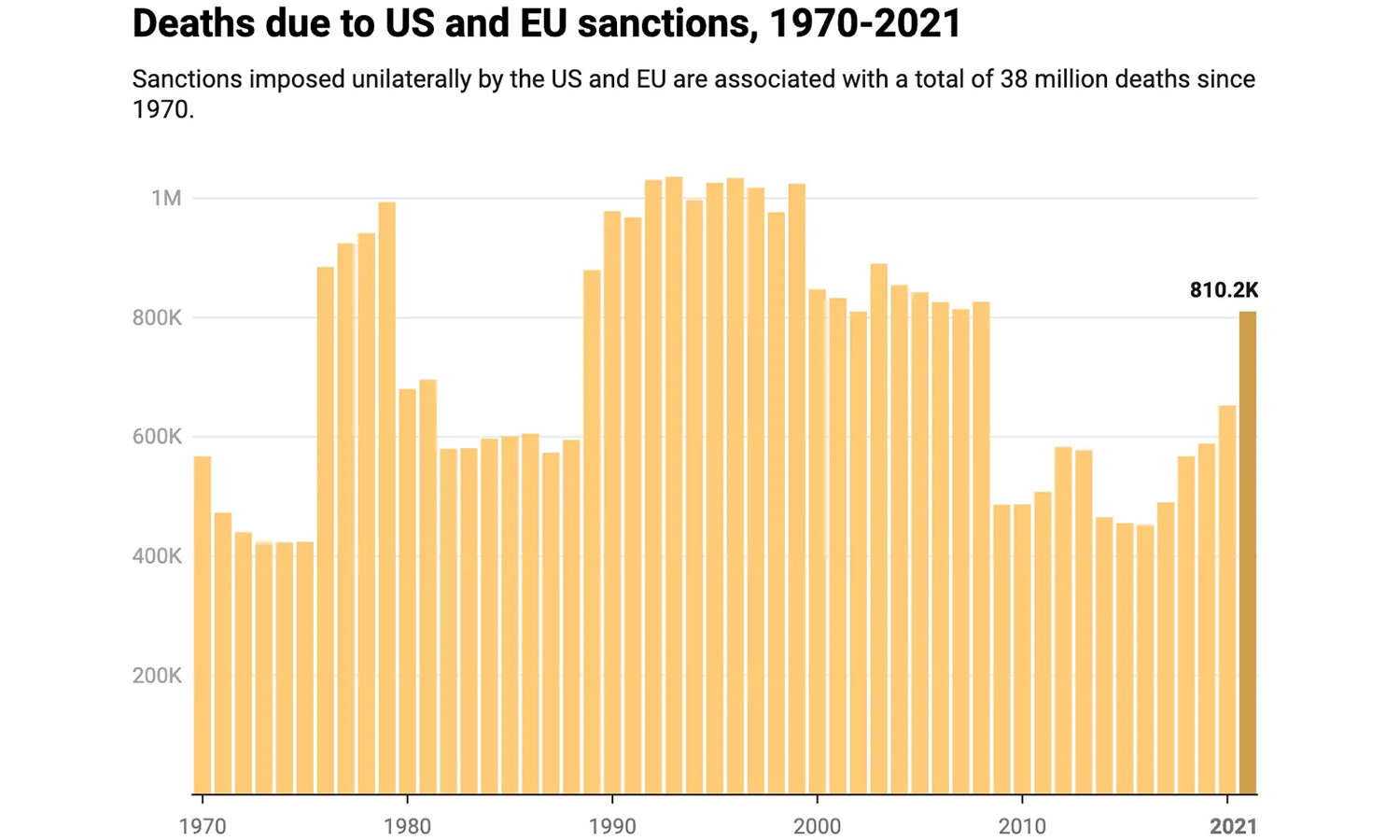Download this leaflet as a pdf.
With industries including fishing and engineering and thousands employed in useful and relatively well-paid jobs, Lowestoft was once a thriving town. But today, it has the highest number of empty retail premises in east Suffolk – 25 percent of shops stand empty and there is no sign of this changing any time soon. Beales department store in the High Street has sat empty since 2019 and is now scheduled for demolition, to be replaced with flats.
Lowestoft was once one of Britain’s biggest fishing ports, but that industry has been in decline since the 1930s and has now virtually disappeared. For a time, the decline of fishing was slightly offset by a rise in oil and natural gas exploration, but that has declined as North Sea drilling has moved further north. The biggest single employer in the town today is Bird’s Eye, with 700 staff at its factory in Whapload Road.
As a result of all this, 18 of Lowestoft’s districts are now officially classified as ‘deprived’, and Kirkley is one of the most deprived in all England. Across Britain, hundreds of towns and cities have seen their local industries decline and disappear. Whether it is fishing, engineering, coalmining, shipbuilding or manufacturing, Britain just doesn’t make things anymore, and millions of British workers are struggling to make ends meet.
Today, our economy is based on the moving around of wealth that has been extracted from workers elsewhere in the world, supplemented by construction, retail and distribution, and service industries like care work and hospitality.
As global capitalism lurches into its deepest ever crisis, the elites who run Britain are desperate for ways to bring back profitability to their system. That means slashing pay and pensions, cutting council budgets and privatising public services, alongside waging wars all over the world. As a result, cash-starved councils are forced to run down local services and close community facilities while jacking up the costs of council tax and local parking. Roads are full of potholes, drains are permanently blocked, shops stand empty, and our young people have nothing to do. The general decline of towns like Lowestoft is obvious to anyone who walks these streets.
Young people often search for weeks or months for work, only to find jobs that are poorly paid, insecure and unrewarding. Many must leave their hometowns to find any work at all. Young people who are just entering the world of work today will be the first in decades to live a life that is worse than that of their parents.
But why?
As capitalism seeks to maintain maximum profits, it moves production and investment abroad. Food, clothing and machinery that were once made in East Anglia are now produced in low-wage countries in Africa or Asia, because that is the only way to keep profits high.
Fishing isn’t carried out by small boats anymore: instead, huge floating factories spend weeks at sea, with dozens of workers living on board and toiling day and night to catch, process and freeze tons of fish and shellfish at a time. That way, maximum profit can be extracted at every stage of the process.
In the midst of all this, councils are expected to keep services running while at the same time managing the impact of increasing unemployment, poverty and deprivation – with fewer resources every year and more privateers taking cuts from the falling budgets. When councils fall on severely hard times and go bust, the government blames them for wasting money rather than acknowledging its own role in prioritising the needs of the wealthy over the needs of ordinary working-class people.
But all this chasing after profit can’t make capitalism work long-term. For many of us, it has been obvious for a long time that Britain is crumbling at the seams. From full employment after WW2, to the class struggles of the 1960s and 1970s, to the defeat of the organised working class in the 1980s and then the wholesale privatisation of public utilities and services that followed, including the mass sell-off of council housing, working people are getting a worse and worse deal under the present system.
We are allowed to participate in changing the government every few years, but when all the parties serve the same system and the same set of rulers, what real ‘choice’ is there at the ballot box beyond the colour of the politicians’ rosettes? The financial crises of 2008 and 2020, the spread of war to Ukraine and the middle east, the rampant austerity that has been inflicted on people in communities like Lowestoft, and the increasingly repressive laws being enacted are all signs that our economic system is in the midst of a deep and unsolvable crisis.
What can we do?
Workers don’t have to accept what is happening. No town anywhere should be left to rot by an uncaring and arrogant ruling class. When our whole future is at stake, it’s time to take action.
We have two choices: The first is to focus on elections and to keep hoping that the parliamentary system will deliver the real changes we need (even though this strategy has repeatedly failed us in the past).
Perhaps that means putting faith in the likes of Reform, hoping they have the key to magically restoring Britain to its past glories by persecuting and rounding up immigrants.
Or perhaps it means crossing our fingers and hoping that Jeremy Corbyn’s new party knows the secret to bringing back Britain’s postwar boom – despite the fact that everything which brought that into being (an organised and militant working class, the shining example of the Soviet Union and, crucially, American money in the form of loans) is long gone.
Or we can work together to replace the capitalist system of exploitation and profiteering that is at the root cause of all the poverty, austerity, repression and war being inflicted on the working class today.
The truth that the ruling class doesn’t want us to understand is that we have both the ability and the power to do without capitalist exploiters. With the working class as the ruling class, we can build a planned economy that will restore Britain’s industrial base, creating rewarding, useful and well-paid jobs – not only for ourselves but for our children and for their children too. In a world where such mighty productive capacities exist, there is no excuse for poverty or deprivation in any corner of the planet – and certainly not in England, home of the world’s first industrial revolution.
But to win this fight, we must organise. We must build a movement capable of resisting and reversing the cuts, austerity, repression and war that the capitalist state is inflicting on us and put the financiers on notice that their actions have consequences and their system has passed its sell-by date.
Join us!















